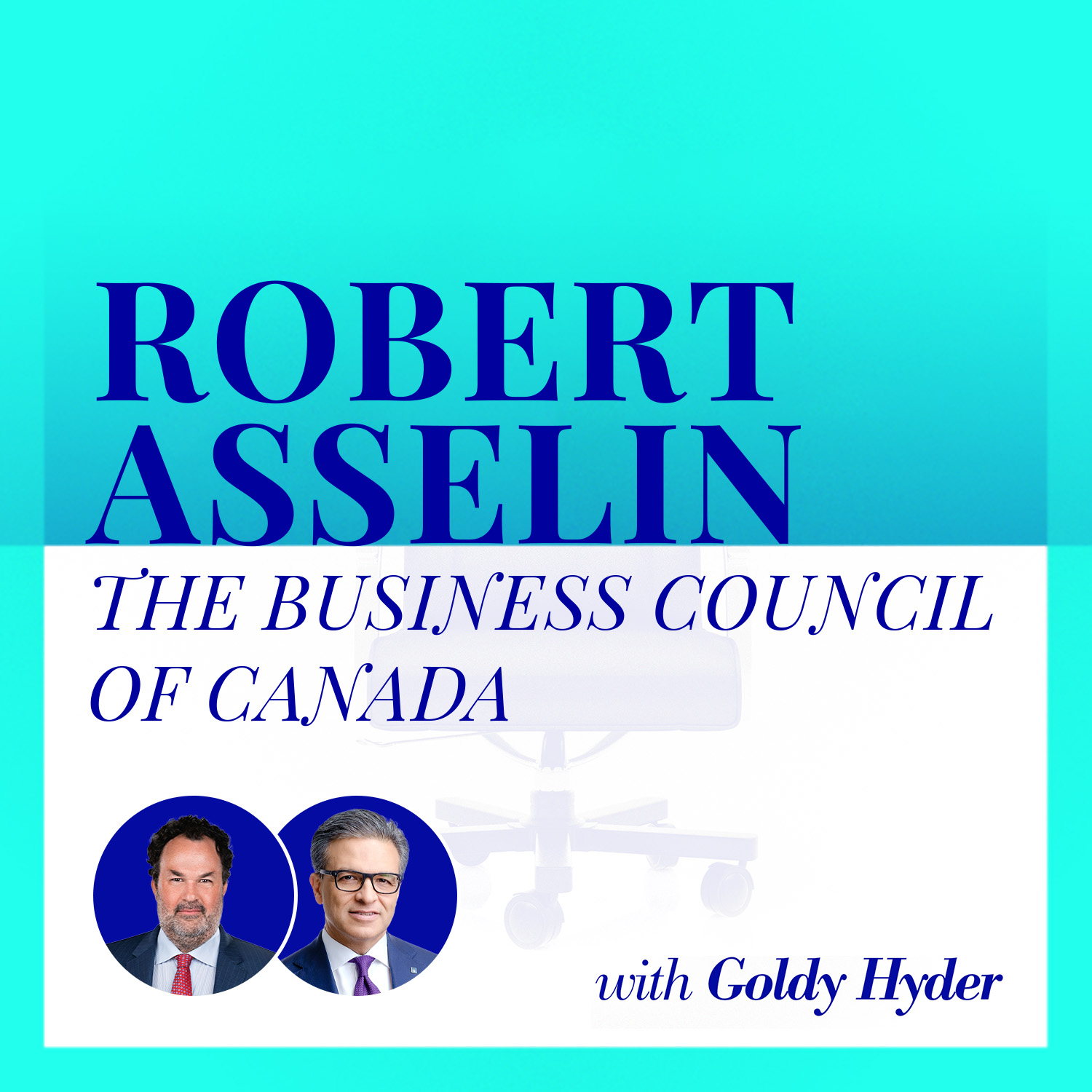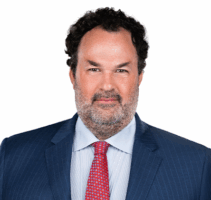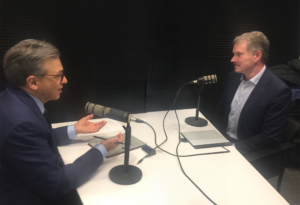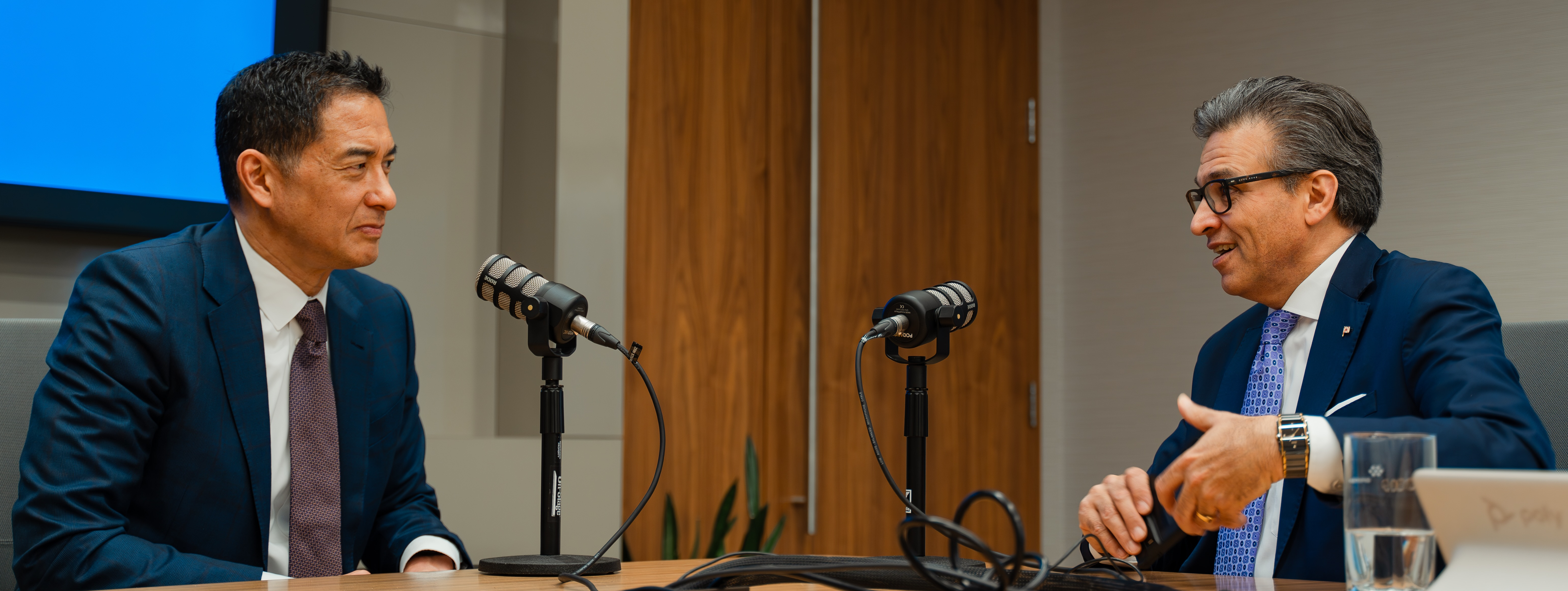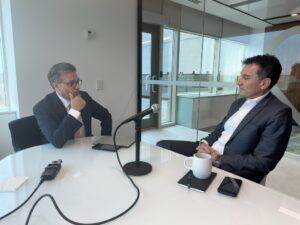
Roy Gori started his first job – a paper route – at age eight. At ten, he was delivering medications to seniors for a local pharmacy. He got a job with Citibank straight out of high school at 17 and has been working full time ever since. So it’s perhaps not surprising that, at age 56, he’s decided to try something new.
In early May, he retired as President and CEO of Manulife after eight years leading the international financial services group. The Canadian company has a massive global footprint, employing 40 thousand people around the world.
Before leaving his post, Gori sat down with Goldy Hyder to reflect on his career and talk about what comes next.
“It has been the honour and privilege of my life to lead this great Canadian organization,” he says on the Speaking of Business podcast. “Never would I have imagined that the son of a coal miner could become the CEO … and I’ve never taken that responsibility lightly.”
In the wide-ranging conversation, Gori discusses his work ethic, lessons he’s learned through adversity, transformational changes at Manulife, and Canada’s global reputation.
Listen to the full interview, including how Gori ended up intercepting a pass from quarterback Tom Brady, on the Speaking of Business podcast.





